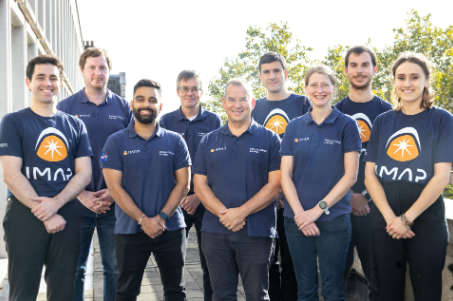We use essential cookies on our website to ensure the site functions and provides the optimum user experience. We also enable performance tracking, with non-essential cookies from third parties to understand your experience further through analytics, so we can learn and improve the website at all times.
You can choose to disable these non-essential cookies and still use the website, or click the button below to proceed with all cookies enabled and receive the best online experience.
Are you happy to proceed with all cookies enabled?



